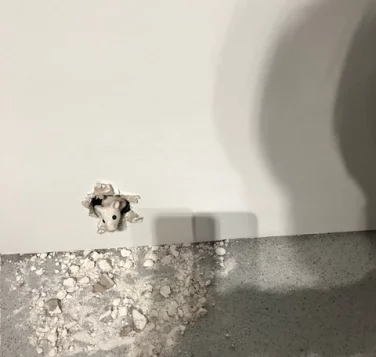
How does hypnotherapy work?
Contrary to popular belief, the hypnotic state is an active learning state, not a passive state. It is safe and you remain in control. It enables you to bypass your own limitations. Most people find it enjoyable and relaxing. Unlike other forms of talking therapy, clinical hypnotherapy taps directly into your unconscious resources to enable you to...
- Uncover the root cause of your personal issue
- Identify and de-sensitising triggering situations
- Transform unhelpful coping strategies
- Generate and adopt new healthy behaviours
- Resolve trauma response and fear conditioning
- Build capacity, increase your window of tolerance
- Learn strategies to regulate in and out of stress responses fluidly
- Reframe negative thought patterns and limiting beliefs
What do we mean by unconscious mind?
Like a river knows its way to the sea, the unconscious mind knows the way out of problems.
The conscious mind creates awareness of your lived experience. It encompasses functions like perception, attention and memory, things you can recall and do intentionally.
The unconscious mind refers to all that sits below conscious awareness. It regulates all our bodily functions, nervous system, innate ability to return to homeostasis (balance), repair and regenerate. It refers to our primal drives and needs to survive and protect ourself, our emotions, patterns of thinking, beliefs, sense of self, procedural memory (learning, habits) and memories we are not aware of.


How to access your unconscious mind?
There are different ways to induce hypnosis. The most common is through deep relaxation. Conversational hypnosis and NLP use of certain language patterns and questioning, to bypass the critical factor of your mind, open up closed thinking loops and generate new more adaptive beliefs or ideas. Hypnotherapy focuses on your solution state, priming your unconscious mind to find a solution as opposed to explaining your problem.
What is hypnosis?
Hypnosis is a naturally occurring state that has been used for healing purposes since ancient times. It is a state of absorption that sits between wakefulness and sleep. While being awake, you have conscious awareness of your external reality, but not during sleep.
During hypnosis, your body is resting deeply, your mind remains alert. Your focus changes, you have greater awareness of your internal reality, at the exclusion of the external reality. However you can switch back instantly to the external reality if you need to. Hypnosis is safe because you remain in control.
Hypnosis is associated with specific frequencies of neural activity. It increases Theta and Delta brain waves. Theta waves are associated with light sleep, REM and vivid visual imagery. Delta waves are associated with deep dreamless sleep, transcendental meditative states, increased self-healing and immune system functions. In other words, during hypnosis you gain access to vivid imagination and creative faculties and memories, you are more open to suggestions and able to make changes that are right for you.


What is the effect of hypnosis?
There are different depth of hypnosis. Hypnosis can affect our motor activity, perception and sensations. It can alter your brain-body control and induce catalepsy. For example, I could make someone’s arm move up or on the contrary they may feel unable to move it. In therapy, this can enable techniques like automatic writing, to allow your unconscious mind to express certain things.
Hypnosis can induce analgesia, which reduces sensations in parts of your body. In therapy, this can be used very effectively in pain management, child birth, dentistry and surgery where analgesic drugs cannot be used, for example brain surgery.
Hypnosis can alter perception and feelings, induce positive or negative hallucinations. In therapy, this can be used to make you experience what it feels like to have your problem resolved, and allow your unconscious mind to show you the way forward.
This website only use necessary Cookies. You can block cookies by activating the setting on your browser that allows you to refuse the setting of all or some cookies. However, if you use your browser settings to block all cookies (including essential cookies) you may not be able to access all or parts of our website
© Ivy Kirk Hypnotherapy
Powered by WebHealer
